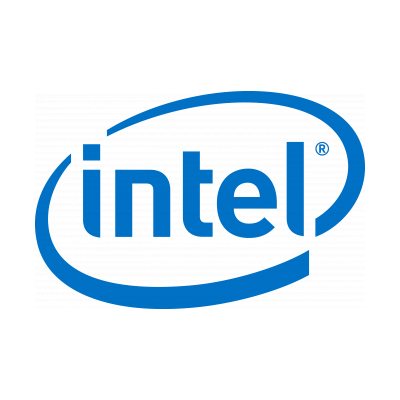Resilience First Q&A with Adrian Criddle, General Manager and Vice President, Intel UK

Why did Intel join Resilience First?
Intel is building the future – helping customers, partners, and any business that interacts with our technology to thrive is just as important as being innovative and releasing new products.
The Resilience First approach to business resilience, focused on using the collective strength of the community, is very much in line with our company values and a natural extension of our longstanding relationship with London First.
With the rapidly changing social and economic landscape in the UK, future-proofing our infrastructure and communities has never been more crucial.
What does resilience mean in the business context?
Resilience means being able to conduct business no matter what global factors are thrust upon us.
We look at resilience in three ways. The first is business resilience to environmental stress, looking at how a company sustains itself in difficult political or economic periods.
Secondly, resilience to the imminent threat of cyberattacks, being prepared for both the threats and the impact of an attack is mission critical.
The third is human resilience, and looking at managing potential stresses of the virtual, personal and physical working environments for our people.
Is technology making us more or less resilient?
Technology simultaneously has the potential to address the world’s biggest challenges and create significant problems if misused. The best example is cyber security – where innovation is both a challenge and our best defence.
Soon we’ll see this balance tested again when technology enables us to use real time data in ways we haven’t before.
The benefits of such advancements mean we can meet the challenges of real global issues, such as climate change, urbanisation and energy supply but will also require us to talk about and adapt to both sides of technology and its use.
How does Intel monitor, manage and improve its resilience?
As a 50-year-old business we haven’t got where we are today without constantly monitoring and improving our approach to evolving business threats.
Our priority now is our employees. To prepare for everyday stresses and unexpected shocks we strive to create a safe, nurturing environment that supports people through the challenges of work and those that life can present unexpectedly.
We apply this to every element of the working environment, from making our IT secure from cyberattacks, to giving our employees the resources, benefits and culture to support their physical and mental wellbeing.
Recently we have increased our focus on mental health and have a programme led by our employees in the form of education, support groups and mental health leaders in our teams.
Where do you think Intel has done well to build its resilience, and are there areas it still needs to concentrate on?
Intel is a global company constantly adapting to changing business parameters and evolving to its approach to people, business and security resilience.
One area we are particularly keen to develop is our human centric approach to resilience. Right now, we’re learning to identify the early challenges that arise from demographic changes in our workforce.
Gen Z for example work in a completely different way to previous generations, and so we need to evolve our policies, procedures and guidelines to complement this generational shift.
How can Intel support its ecosystem (suppliers/partners) to also improve resilience?
Intel is working as part of Resilience First to help educate other suppliers and partners around different areas of resilience.
We are very proud to share our information and experiences with other businesses, especially SMEs.
We proactively support the growth of partners who then create growth as they flourish; we see the power of community in bringing together local businesses and how that drives success for the entire market.
What are the challenges to corporates to becoming more resilient?
Education and access to a business support network are the two main challenges to resilience. Companies must work continually on both, regardless of size.
Data could be highly valuable or a commodity, understanding how to utilise and protect this data is an urgent and crucial education requirement.
A support network provides wealth of experience to lean on when anticipating and adapting to change.
Organisations like Resilience First can provide essential education and an important foundation for local business communities to come together and support each other long term.
How do you create a risk awareness culture in a big company? What can smaller companies do?
The nature of Intel’s business is to make investments on new technology and part of our culture is to challenge ourselves into an idea, knowing we’re trying to build the future rather than predict it.
Pushing the boundaries is a good thing but should be based on education, experience and training to take risks seriously and prioritising safety.
Education around security for both small and large businesses is particularly important and an area where the stakes are high – so it’s an element of our partnership with Resilience First that we give a lot of care and attention.
Lastly and most important, employees are the most valued resource so making sure they are well cared for is critical.
For further reading, please visit our Knowledge Hub.
